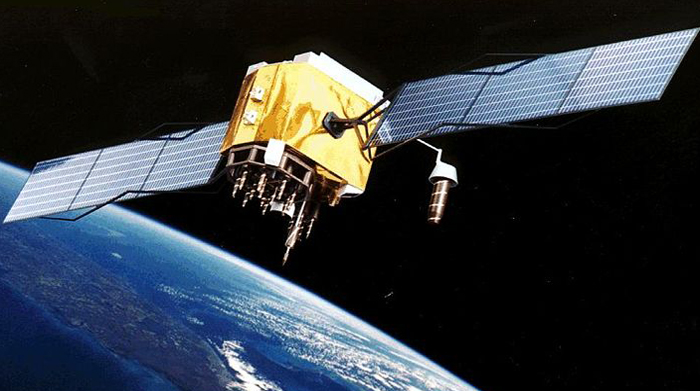The Importance of Navigation Satellites in the Utility Industry

Image courtesy of Gary Cope under Attribution-NonCommercial-NoDerivs 2.0 Generic License, resized to 700 x 391 pixels.
We’re all familiar with navigation satellites, as they help us get from Point A to Point B. If you’ve ever used GPS on your phone, you know exactly what I’m talking about. But navigation functionality is just the tip of the proverbial iceberg. In fact, this technology is becoming more and more useful as it relates to the power grid, specifically smart grids. Here’s what you need to know.
How Can Navigation Satellites be Utilized in the Utility Industry?
Simply put, navigation satellites allow utilities to monitor and control the flow of electricity in real time. This helps address power outages by rapidly locating the root cause and assisting with damage assessment, which enables utilities to deploy corrective actions quickly. Not only does this help reduce the duration of outages, but it can also improve the cost effectiveness of the power restoration effort.
While the response benefit is critical from an emergency preparedness perspective, it’s certainly not the only benefit of utilizing this technology. Other benefits include:
- Optimizing energy use and minimizing waste: Satellite-provided data can help utilities measure consumption patterns and identify long-term trends, which is useful for identifying both short- and long-term optimization opportunities.
- Renewable energy deployments: Navigation satellites can monitor sun, wind and other weather-related patterns and metrics, allowing utilities to optimize the output of their renewable energy sources.
- Electric vehicle (EV) integration: By providing information on the location of EVs, utilities can improve how they manage charging and discharging protocols, which would allow them to do things such as triggering the proactive charging of EVs when there is excess power available in the grid.
As you can see, this technology is more than just a navigation tool, it also offers many benefits to utilities. There is little doubt – as the industry continues its transition to a smart grid dominated by clean energy sources, navigation satellites will become increasingly critical.



